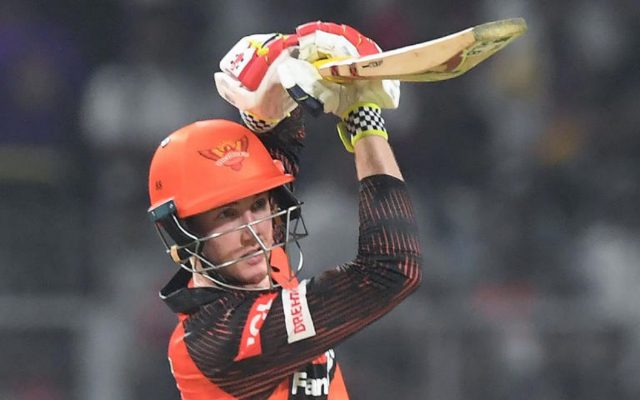The world of cricket is witnessing a significant change as the Indian Premier League (IPL) implements new rules that could have a lasting impact on English cricketers. Players from England could face a two-year ban from participating in the IPL if they withdraw from the tournament without a valid reason.
What Led to this decision?
Over the past few seasons, several high-profile English players have withdrawn from the tournament, either for personal reasons or due to the England and Wales Cricket Board‘s (ECB) management of player workloads. Franchises have been frustrated, having made substantial investments only for players to drop out, affecting team dynamics and budget planning.
English players bring a unique blend of skills, especially in limited-overs formats. Players like Ben Stokes, Jofra Archer, and Jos Buttler have been vital assets for IPL franchises. Franchises were increasingly concerned about players tactically avoiding participation in certain years, entering the auction when they could secure higher bids due to fewer high-quality players. This led to a growing frustration among teams, especially when players withdrew after signing contracts.
Impact of withdrawals
In the 2023 IPL season, five English cricketers, including Mark Wood and Harry Brook, withdrew after initially committing to the tournament. The reasons varied, from personal decisions to ECB-enforced workload management. The absence of such key players disrupted the balance of several franchises, forcing last-minute changes in team composition. The unpredictability also affected long-term planning and fan engagement, as many teams had pinned their hopes on marquee English stars.
The IPL has now introduced a mandatory rule that requires any player wishing to participate in the tournament over the next three years to enter the auction for the 2025 season. Players who fail to do so will be barred from the 2026 and 2027 seasons.
The two-year ban is a severe penalty aimed at discouraging players from pulling out of the tournament after signing contracts. Only in cases of legitimate reasons such as injury, family illness, or international commitments will players be allowed to withdraw without facing this penalty.
Implications for English cricketers
Players like Ben Stokes, Joe Root, and Jofra Archer now face a difficult decision. Should they commit to the IPL fully or prioritize their international careers? The financial incentives are substantial, but the scheduling conflicts with English domestic and international cricket add complexity to their decision-making.
The ECB has historically managed the workloads of its players, especially fast bowlers, to avoid burnout. However, with the IPL’s new rules, this will become much more challenging. England may have to adjust its strategies for player availability in the future.
From 2024, IPL franchises will see an increase in their salary caps, rising from £9.85 million to £13 million. As IPL contracts become more lucrative, more English players will likely feel compelled to participate. The financial pull may outweigh the scheduling conflicts, especially for players in the latter stages of their careers.
Managing Workloads
One of the biggest dilemmas for the ECB will be balancing the participation of key players in franchise cricket, particularly the IPL, with their international commitments. England’s busy schedule, especially in Test cricket, could create conflict with the IPL.
As England prepares for crucial series against teams like India and Australia, it will be interesting to see how the ECB manages its players’ availability. The lure of the IPL may pull some players away from international duty, putting England’s priorities to the test.
Get the latest cricket news here, like us on Facebook, and follow us on Twitter and Instagram for more such updates.

